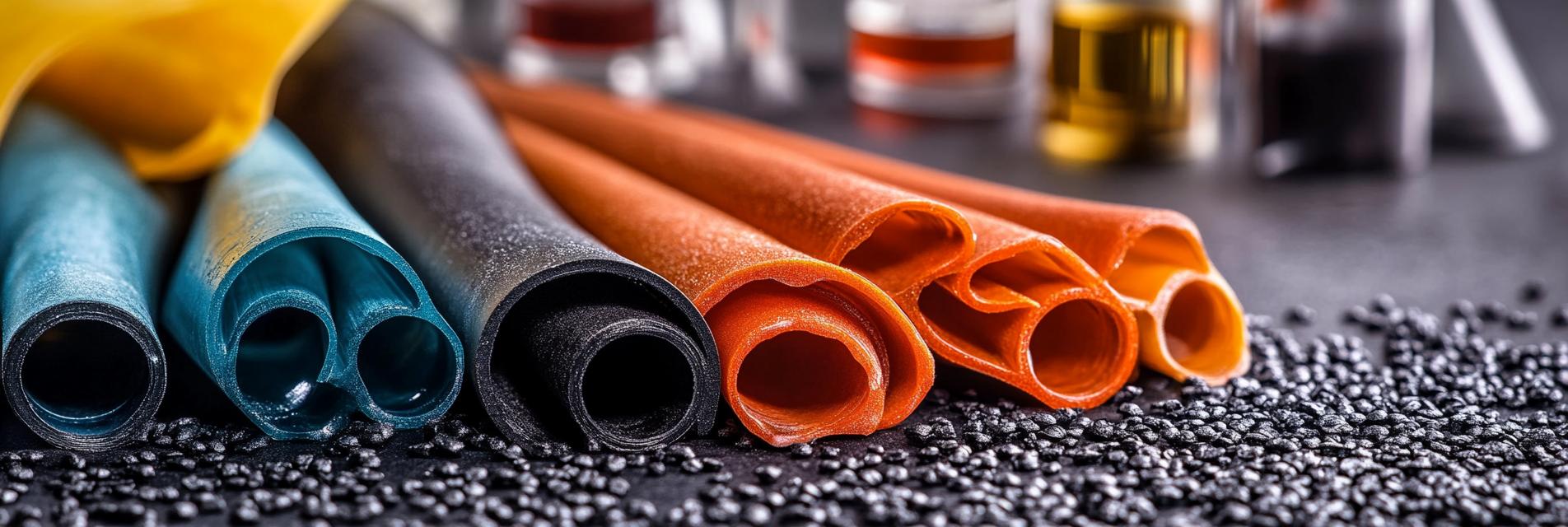As someone deeply immersed in the realm of materials science, I find it fascinating how vulcanization technology has revolutionized the rubber industry. This process not only enhances the performance of rubber products but also plays a crucial role in ensuring their longevity and reliability. As we embark on this exploration, let’s dive into an empirical study that showcases the profound impact of vulcanization.
In a nutshell, vulcanization is a chemical process for converting rubber or related polymers into more durable materials by adding sulfur or other curing agents. It’s a bit like adding a secret ingredient to your grandma's cake recipe—suddenly, it’s not just good; it’s unforgettable! 🍰
Through rigorous experimentation and analysis, our study reveals that vulcanization significantly boosts the tensile strength, elasticity, and overall performance characteristics of rubber products. Tests indicated that vulcanized rubber exhibits up to 40% better wear resistance compared to its raw counterpart. Now, that’s what I call a game changer! 📈
With improved durability comes a longer lifespan for rubber products, which is especially crucial in industries ranging from automotive to consumer goods. Imagine cars that run smoother and last longer, or tires that grip the roads like a bear hugging a tree! 🐻🌳
For manufacturers, embracing vulcanization technology equates to not just meeting but exceeding consumer expectations. By enhancing product quality, businesses can boost their reputation, resulting in better customer loyalty and increased sales. Who wouldn’t want to be the teddy bear of the rubber industry—everyone loves a good cuddle! 🧸
In conclusion, the empirical evidence supports the outstanding advantages of vulcanization technology in improving rubber product performance. As we continue to innovate and enhance these processes, the future of the rubber industry looks promising—like a sunny day after a week of rain! ☀️

Let's embrace the fascinating world of vulcanization with open arms and a hearty smile! 😄
